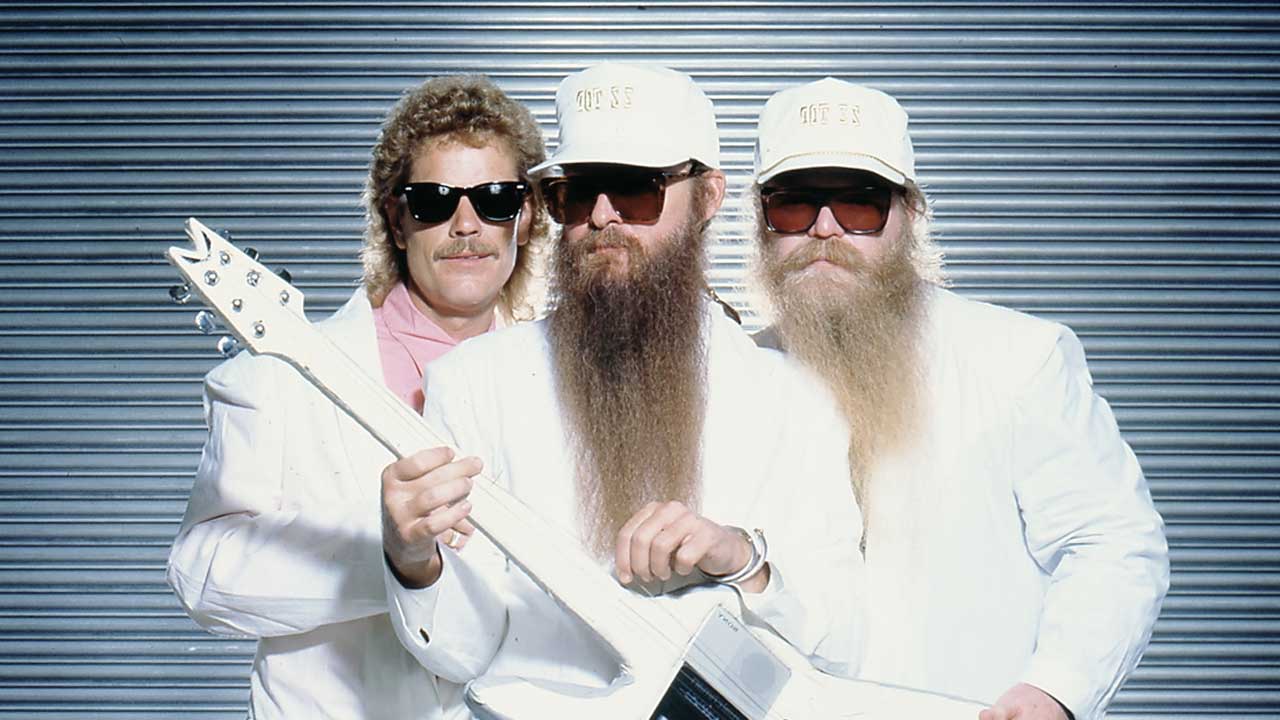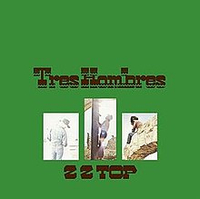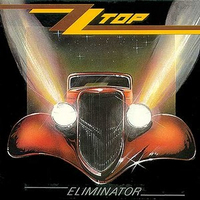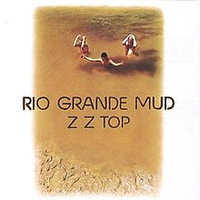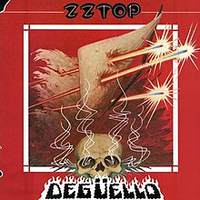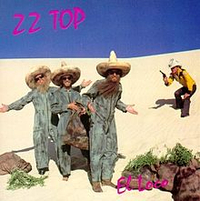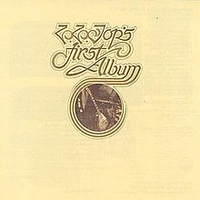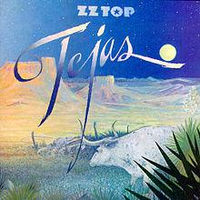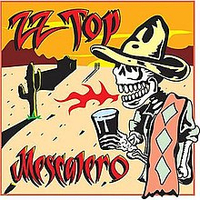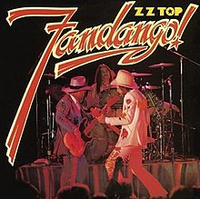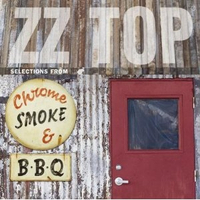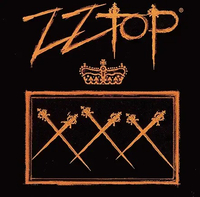Two guys with beards, and a guy called Beard who doesn’t have a beard. Those 1980s videos. The car. The keyring. The furry, twirling guitars from Back To The Future III... To many people those things are the essence of the self-styled Li’l Ole Band From Texas.
But such memorable images are far from being the band’s only contribution to rock. ZZ Top – Billy Gibbons, Dusty Hill and Frank Beard – are certainly among America’s musical elite; a band who took blues rock, gave it a Texan tweak, and produced gutsy music that amuses, amazes and gets your body moving for more than 50 years.
From their Houston beginnings in 1969 when guitarist Gibbons, then with The Moving Sidewalks, teamed up with bassist Hill and drummer Beard from The American Blues, ZZ have defied convention. They made such an impact with their first three albums – ZZ Top’s First Album, Rio Grande Mud and Tres Hombres – that they were soon one of the biggest live attractions in the US. In the mid-70s they proudly had a map of Texas as their stage flooring, and had cacti and corralled livestock on stage with them.
After 1976’s Tejas, the trio decided on a three-year break, returning in 1979 with the Deguello album, by which time both Gibbons and Hill had grown those trademark beards.
In the UK, ZZ Top remained a cult phenomenon... until 1983’s Eliminator appeared from out of nowhere and rearranged the charts. The logic was simple: easy-on-the-ear songs, a modern production, and MTV-friendly videos that had a potent mix of sex, laughs and hardware. Suddenly ZZ Top were everywhere. Like Aerosmith and Alice Cooper would do later in the decade, ZZ had reinvented themselves. And with staggering success.
Of course, it was never going to last. Within a few years their commercial star was on the wane – at least as far as record sales were concerned. It didn’t bother them. They survived a scare when Hill inadvertently shot himself in the chest while taking off a boot (don’t ask), and even his death in 2021 didn't halt the ZZ machine, when his roadie, Elwood Francis – already sporting a suitably lustrous beard – stepped into the spotlight.
ZZ Top have become a treasured American institution, and 2012's La Futura might not be their collection of new songs, as Hill had recorded parts from a 16th ZZ Top album before his death. Here, we cast our eye over their back catalogue and highlight the essential titles to own.

...and one to avoid
You can trust Louder Our experienced team has worked for some of the biggest brands in music. From testing headphones to reviewing albums, our experts aim to create reviews you can trust. Find out more about how we review.
